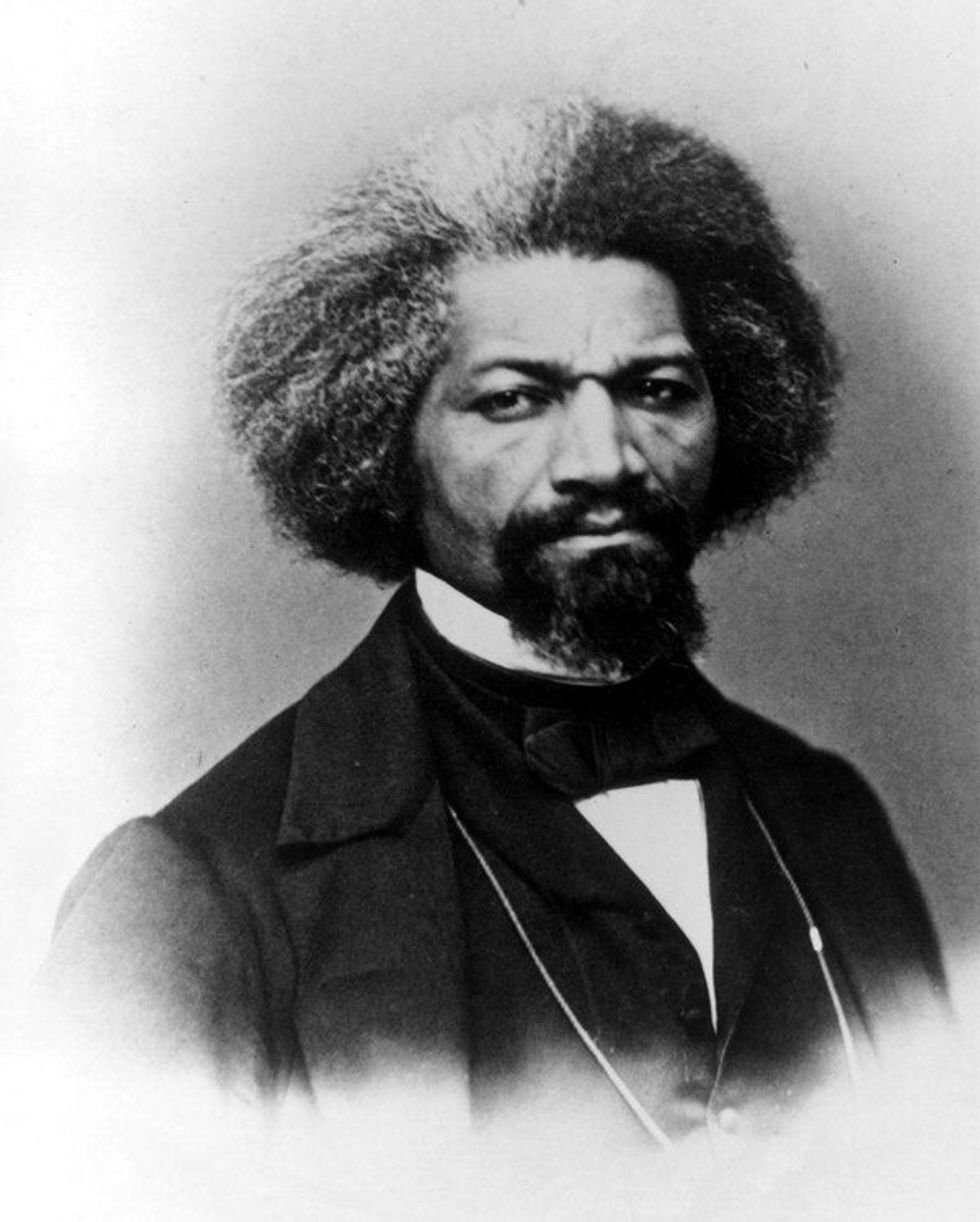“The limits of tyrants are prescribed by the endurance of those whom they oppose.”
About two weeks ago our President kicked-off Black History Month with a remembrance of African American heroes and made a very strange comment about Frederick Douglass...as if he were still alive and fighting for abolition and social reform. Well, Mr. Douglass died 122 years ago, but I hear he’s making more and more of an impact. And after this month, he just might. “Who is Frederick Douglass?” is one of the top searches on google. But the fact that people have to google who Frederick Douglass is does not give me hope in the American school system, especially after Betsy DeVos was confirmed as Secretary of Education. But enough about my disappointment (and basically disgust) in current American politics. On to the man who, according to President Trump, is doing “an amazing job.”
Depending on what kind of schools you attended growing up you may know very little or may not know anything at all about Frederick Douglass. He was born a slave in Maryland in 1818 and “Douglass” wasn’t even his real last name. He took that name up when he and his wife, Anna Murray, moved to Bedford, MA. Douglass grew up a slave, not knowing who his father was, and his mother died working on a different plantation then him. But Douglass was a very resilient and highly intelligent man. He realized that there was a link between being literate and being free. Slaves were not allowed to attend schools, but that did not stop Douglass. In the streets of Baltimore, he taught himself to read and write. And then he taught other slaves. He was so rebellious that he was moved around from owner to owner, after trying to escape several times.
When he was 20, he met Anna Murray. She was a strong and, at the time, financially well-off free black woman. Like Frederick, Anna was also an abolitionist and was involved in women’s suffrage. She had her own business and it was the reason she came to Baltimore. Murray agreed to help Douglass escape. He used her money to buy a ticket to a train headed for New York and disguised himself as a sailor. Douglass declare himself free and he and Murray got married. They changed their last names to Johnson first. Then they moved to Massachusetts and adopted the last name Douglass. Anna and Frederick had 5 children, and tragically, their youngest child, Annie, died the age of 10. Not that many years after their daughter’s death, Anna Murray-Douglass died from a stroke in 1882. Frederick and Anna were married for 44 years and she was the stable financial contributor in their household. She “held down the fort,” so to speak, while Frederick wrote and was a paid orator. In the first half of their marriage, Frederick was not giving speeches often enough to provide a stable financial income for their family. As an aside, Douglass did remarry. Two years later he married a white woman named Helen Pitts, a women’s rights activist and abolitionist. Their marriage was not well received by the public, or by Helen’s parents, who were abolitionists.
For 16 years Douglass edited an influential black newspaper and became internationally recognized as a very influential figure in the Abolitionist Movement. He even had his own newspaper, after he bought a printing press. During their marriage, most of the work he and Anna did was helping people in the underground railroad. But before that, he spent two years in Europe to avoid being re-enslaved. In Western European countries such as, England and Ireland, Douglass gave speeches and sold copies of his first book Narrative of the Life of Frederick Douglass. Eventually his freedom was bought by abolitionists and he returned a legally free man to the United States. Why Anna didn’t (or couldn’t?) buy his freedom, is not clear. When he returned, he, they moved to Rochester, NY. It was there that he became heavily involved in the women’s rights movement (the first wave of feminism), along with supporting abolitionist political parties and groups. Douglass was basically the MLK of the Abolitionist Movement. He moved to Washington D.C. and met with President Abraham Lincoln once he heard his sons and other African American soldiers in the U.S. army were not being treated or paid fairly. And after the time of Reconstruction, he was an adviser under five U.S. presidents. Douglass used his statesmanship to advocate for the rights of African Americans and women’s rights.
Douglass lived a very hard, but interesting life. He was insightful, eloquent, and authentic. That’s why he became such a famous orator. He was never afraid to be himself.
We have to keep the memory of other Black American legacies alive, besides Martin Luther King, Jr. Obviously, I'm not saying "oh, forget about MLK." But there are endless African American citizens who contributed to the history and progress of America. We should know more about other African American heroes then just the fact that they existed and did “an amazing job.”





















